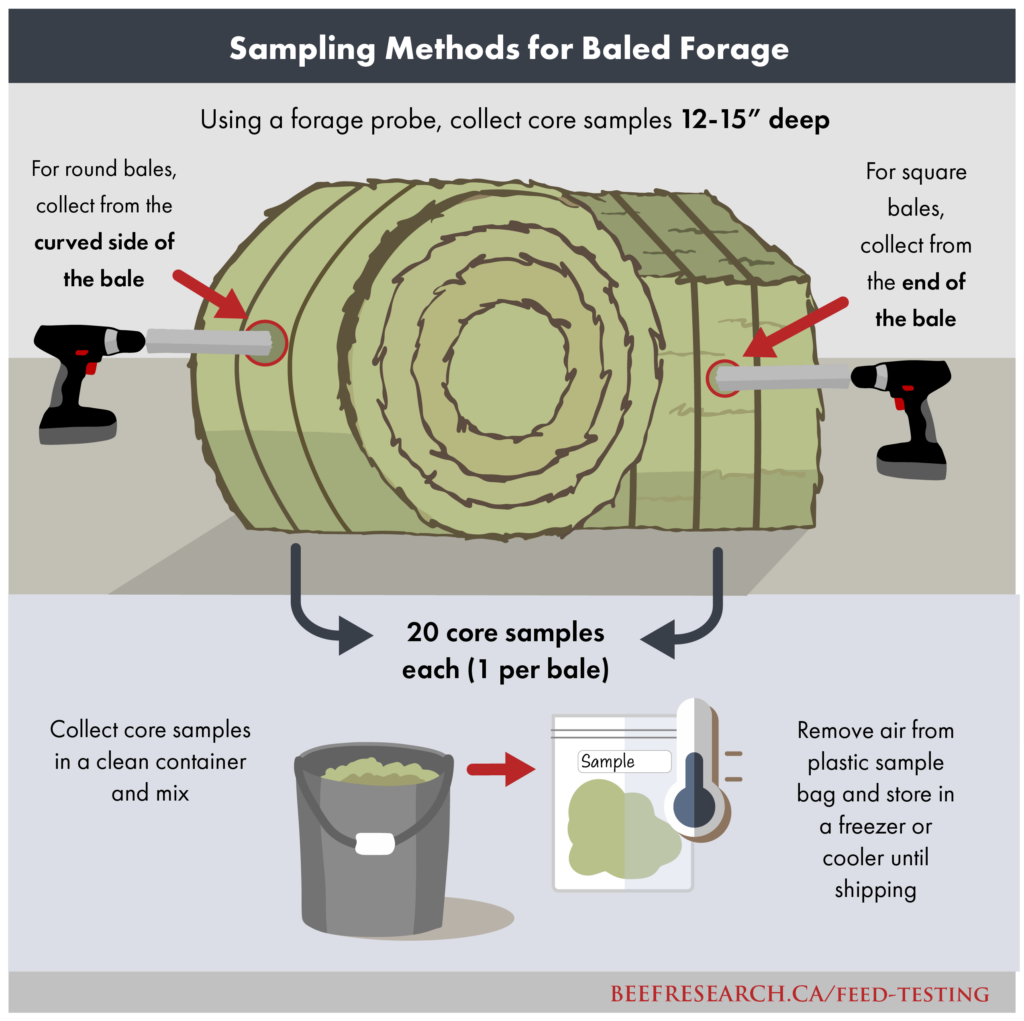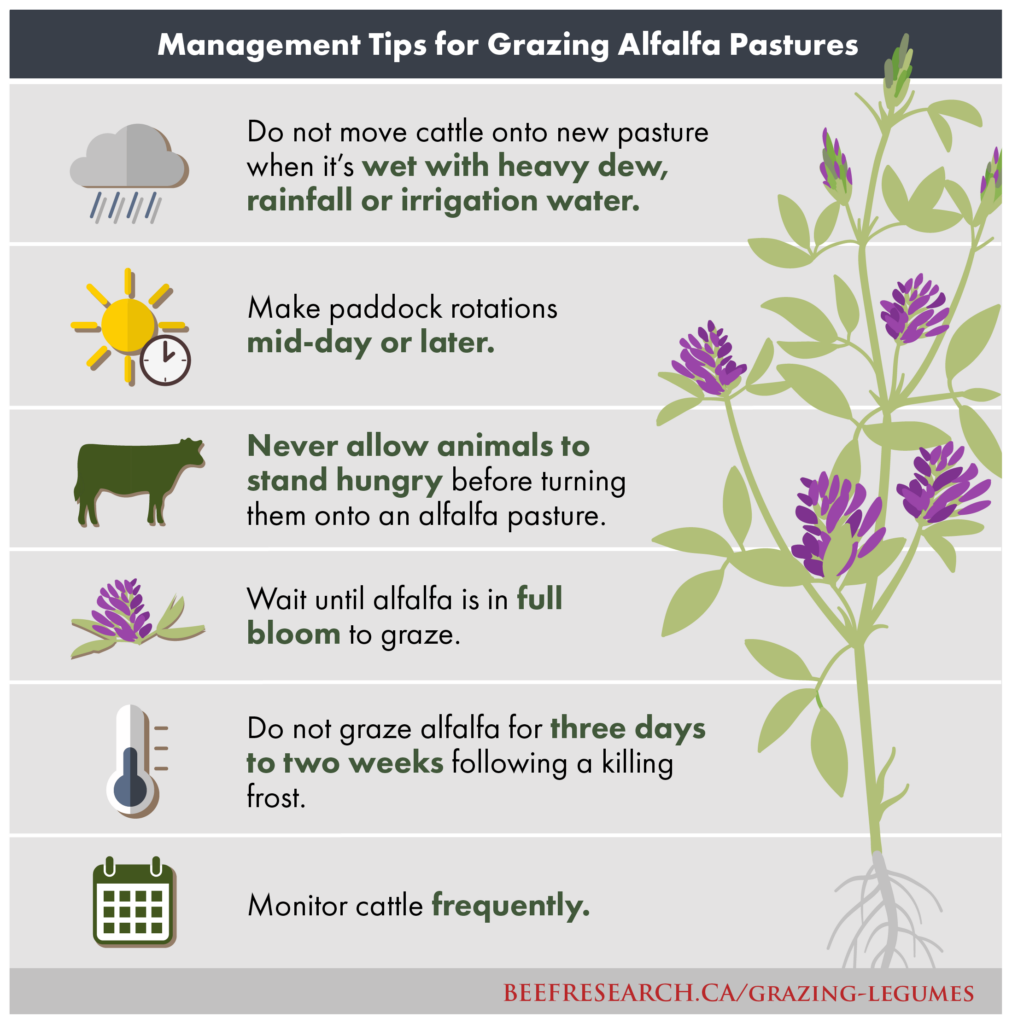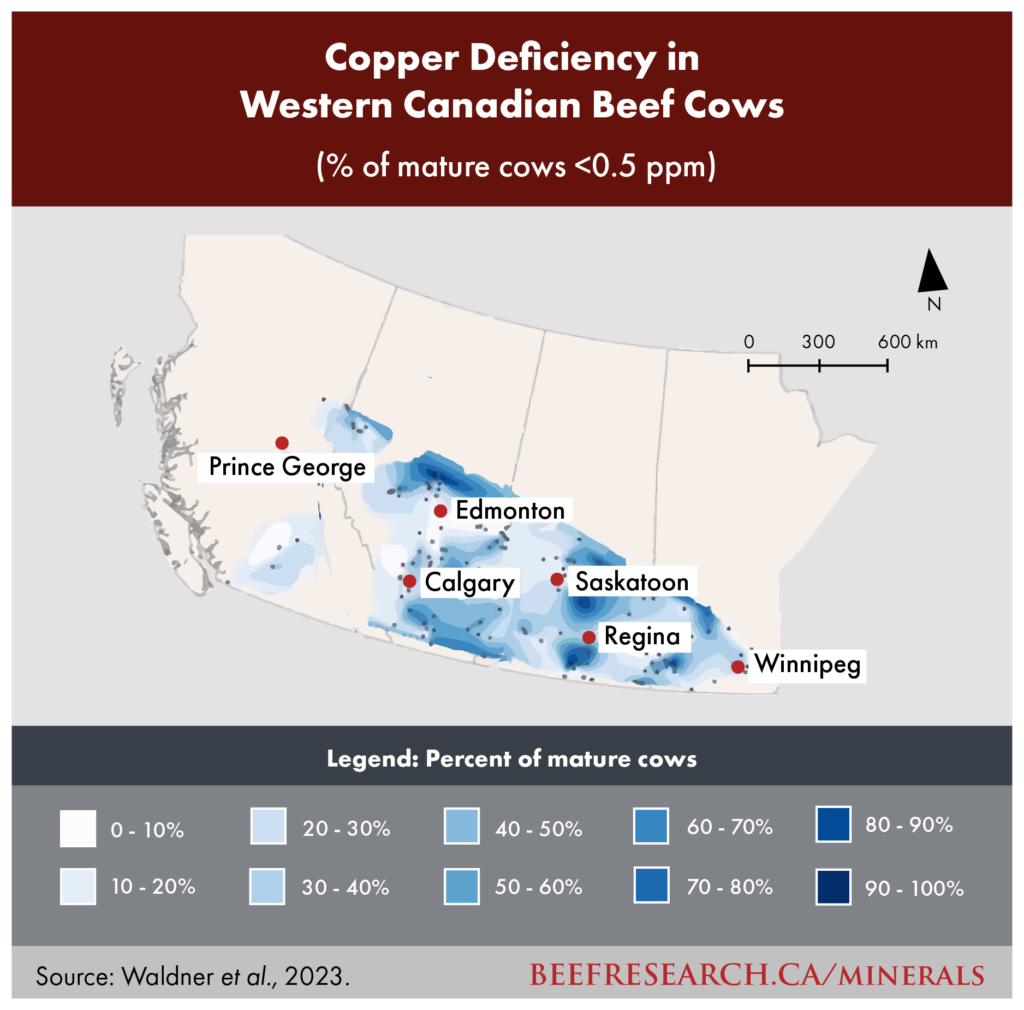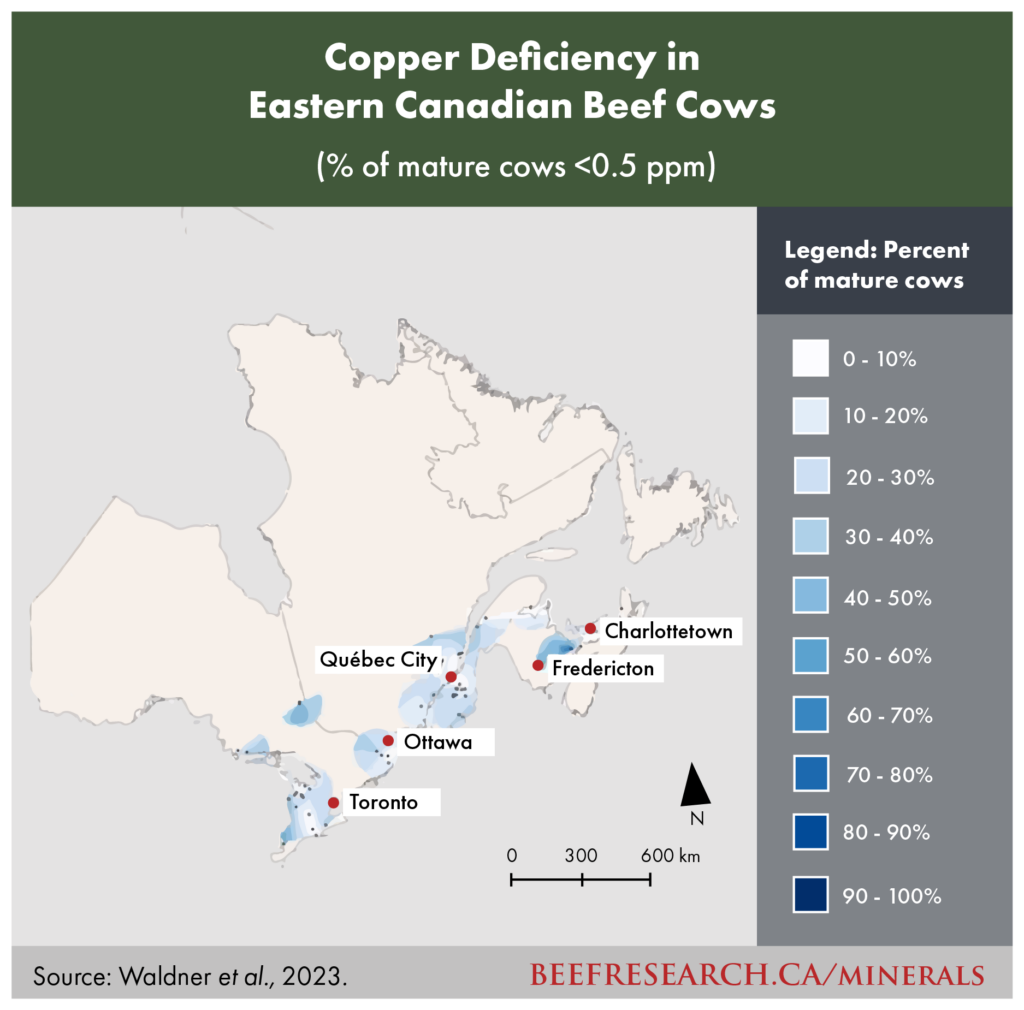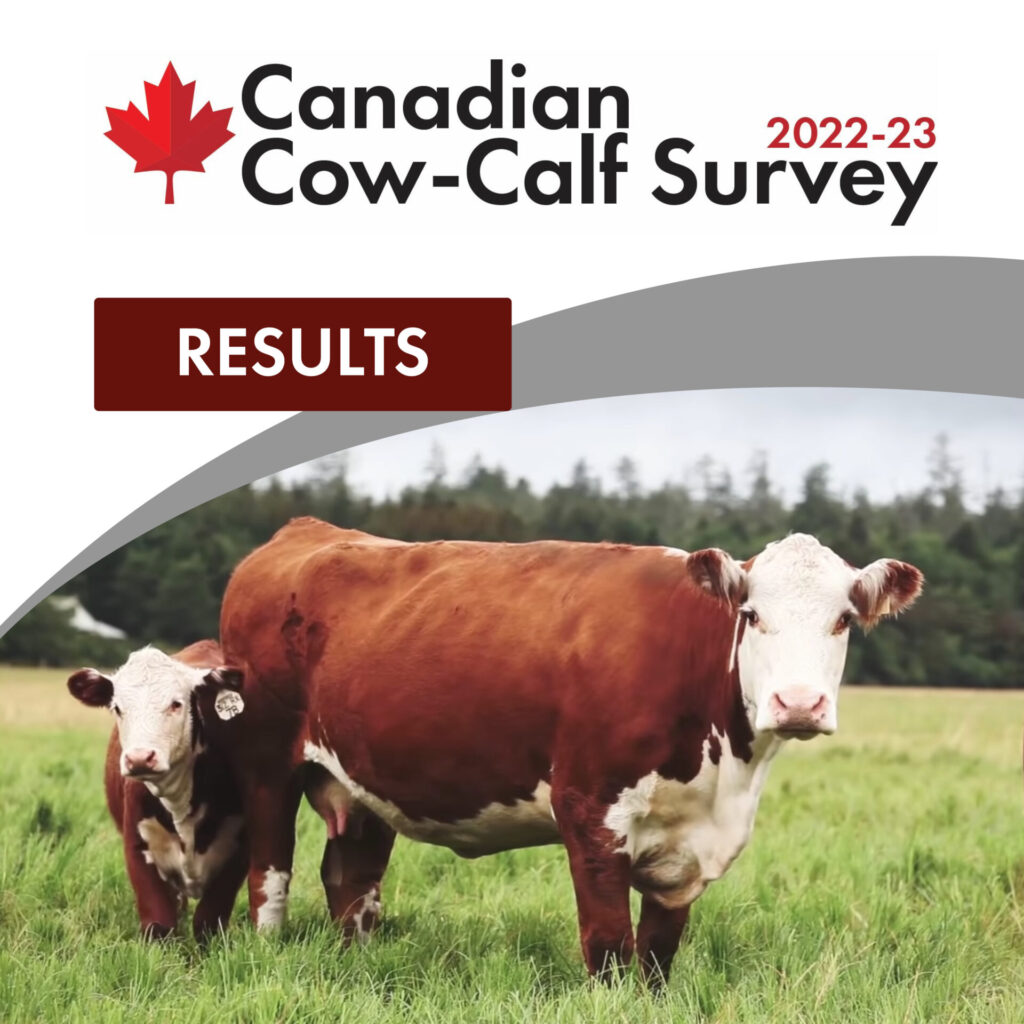Countdown of the Top 10 Most Popular Resources for Beef Cattle Producers in 2024
The Beef Cattle Research Council strives to provide relevant science- and economic-based information to Canadian beef producers throughout the year. Over the past 12 months, more than 200 new beef cattle resources have been created. This information ranged from interactive calculators and podcast episodes to articles, videos and webinars that highlight new research and provide practical information on relevant topics and issues impacting cattle producers.
As we bid farewell to 2024 and steer into the year ahead, we look back at the 10 most popular BCRC articles for Canadian beef cattle producers:
#10
Announcing the Beef Researcher Mentorship Program Participants for 2024-25
Researchers are critical for the Canadian beef cattle industry. Engaging industry leaders with researchers who study cattle, beef, genetics, feed or forage production is mutually beneficial. These connections allow researchers to become better informed about industry needs and encourage the sharing of research findings with a practical, solution-based focus.
#9
Nine Tips for Managing Parasites in Your Herd
Effective parasite management is a balancing act. On one hand, controlling parasites is essential for maintaining cattle health, welfare and productivity. While on the other hand, over-use of some treatment methods can lead to parasite resistance, which negatively impacts the long-term health of the herd and can also affect the environment. Discover nine tips to help manage parasites in your herd.
#8
Improve Your Bottom Line with The Power of Feed Testing
Any feed type that will be used to feed beef cattle can and should be analyzed at a lab to ensure the nutritional needs of livestock are being met. This includes silage, baled forages and straw, by-products, baleage, grain, swath grazing, cover crops and corn. New resources highlight recommended sampling practices for different feed types.
#7
Injection Best Practices for Beef Cattle – New Resources
When a beef cattle producer chooses to give cattle injections, there is a series of decisions that can have a big impact on carcass quality at the end of the production line, as well as on the efficacy of the products being injected. Watch this video for simple steps that have a big impact on the health and welfare of the animals being treated and keep dollars in your pocket.
#6
Calf 911 – How to Spot Respiratory Acidosis in a Newborn Calf
Most beef producers know the frustration that accompanies dealing with the dreaded “dummy calf.” These calves will not suckle, won’t sit up or stand and stare blankly with what seems to be a lack of will and intelligence to survive despite your best efforts. This lack of coordinated movement is often due to respiratory acidosis. The BCRC created a printable guide and the following video to highlight the mechanisms involved in this type of acidosis, how to prevent it and steps to take when it does occur.
#5
Alfalfa Can Be Grazed Safely: Things to Think About Before Turning Cows Out on High Legume Pastures
Including alfalfa in a grazing stand makes sense. The potential benefits include increased soil fertility through nitrogen fixation, improved plant biodiversity, boosted forage yields and improved animal performance. However, there is hesitation to seed alfalfa due to fears of bloating. Learn some management tips for successfully grazing alfalfa pastures.
#4
Calf 911 – How to Evaluate Newborn Calves Using the Calf VIGOR Scoring System
The calf VIGOR scoring system is a standardized exam that was developed to help producers evaluate newborn calves and determine whether early intervention measures are necessary. The BCRC created a printable guide and the following video to walk producers through each step of the exam.
#3
Supplementation Matters – Navigating the Trace Mineral Requirements of the Beef Herd
Regional variations in the trace mineral content of forages and soils create high-risk areas where trace mineral deficiencies are more likely to occur. Supplemental sources need to be provided to prevent production declines, animal health events or reproductive wrecks.
#2
Results of the Inaugural Canadian Cow-Calf Survey
The inaugural Canadian Cow-Calf Survey collected data from 600 producers across nine provinces on the 2022 breeding season through the 2023 weaned calf crop, as well as reasoning and rationale for some practices. Survey results will be used to help the BCRC prioritize research and extension strategies funded by the research allocation of the Canadian Beef Cattle Check-Off to support producers with different types of herds and operations in various regions. Read a sample of the results in this blog post.
#1
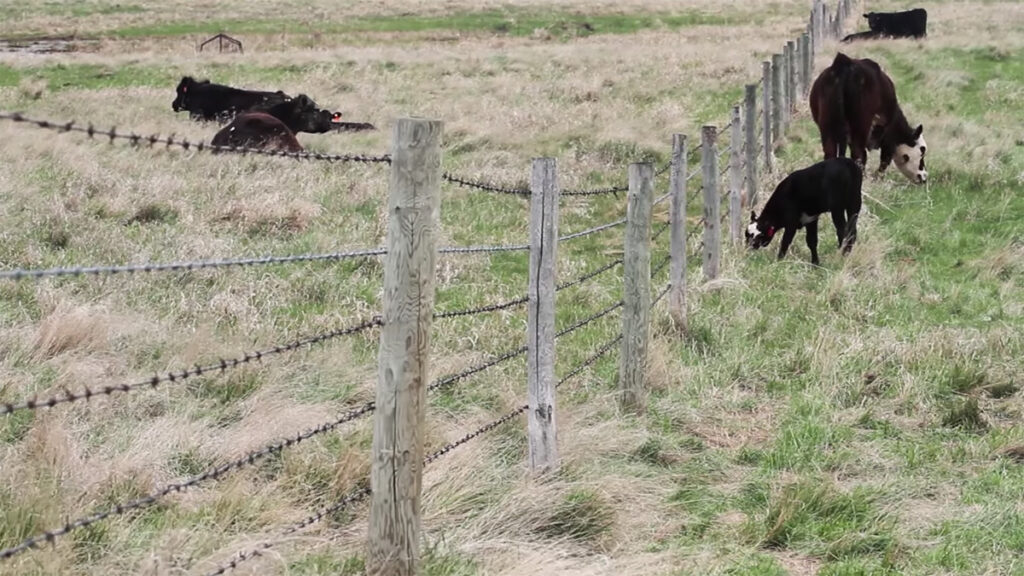
When Do I Turn My Cows Out? Managing Spring Pastures During and After Drought
Managing grasslands through drought is not an easy task, but having a plan going in, monitoring pastures and being willing to adapt as the weather changes can prevent pasture decline. Facing pasture productivity challenges head-on can help producers be better poised for recovery and reap the rewards when moisture is abundant.
MORE TOP bcrc cONTENT
- Most Popular Canadian Beef Cattle Podcast Episode of 2024: Five Management Tips for Small Herds
- Most Popular Webinar of 2024: Raising Heifers for Reproductive Success
- Most Popular Research Summary of 2024: Forage Seed Mixtures for Different Regions of Canada
- Most Popular Video of 2024: How to Tube Feed Newborn Calves
- Most Popular Decision Tool of 2024: Carrying Capacity Calculator
- Most Popular Topic Page of 2024: Nutritional Qualities of Beef
The BCRC team is planning even more practical, science-based resources for beef producers in the new year. Comment below with topics and tools you’d like to see in 2025.
Click to see the most popular posts of 2020, 2021, 2022 and 2023.
Sharing or reprinting BCRC posts is welcome and encouraged. Please credit the Beef Cattle Research Council, provide the website address, www.BeefResearch.ca, and let us know you have chosen to share the article by emailing us at [email protected].
Your questions, comments and suggestions are welcome. Contact us directly or spark a public discussion by posting your thoughts below.


